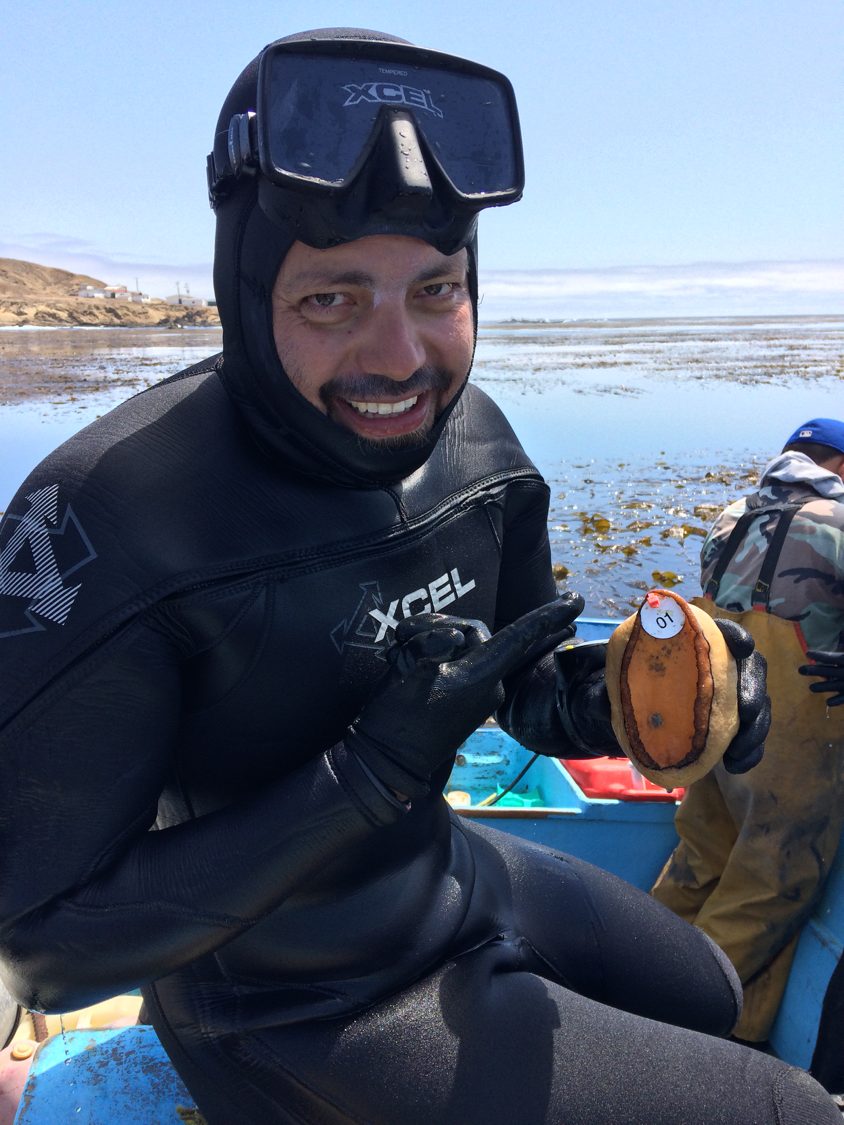Rodrigo Beas, Universidad Autónoma de Baja California
Hosted by the Phycology Lab
Presenting: "Science without borders: tracking the tropicalization of kelp forests in the Californias"
MLML Virtual Seminar | March 4th, 2021 at 4pm
Predicting changes in structure & function of ecosystems requires large-scale, long-term studies. We integrate kelp forest data from 469 sites/373 species spanning Alaska, USA, to Baja California, Mexico. Results revealed changes in community structure were most evident within the southern and north-central ecoregions, and forecast a poleward shift in the abundance of habitat-forming groups. All this was only possible with a sweeping display of international coordination and cooperation of a team of scientists and countless volunteers from 14 different organizations joining forces to document the northward migration of kelp forests due to warming waters. This is an excellent example of collaboration between researchers, communities, and civil society organizations in the USA and Mexico to understand how climate change will impact the kelp forest and therefore fisheries and coastal communities in the next 30 years.
About the speaker:
Rodrigo Beas-Luna is an Associate Professor at Facultad de Ciencias Marina, UABC. He is a marine ecologist-oceanographer, who combines field observation, lab work and quantitative tools to better understand the functioning of energy transfer among trophic levels and ecosystem responses to different environmental conditions.


